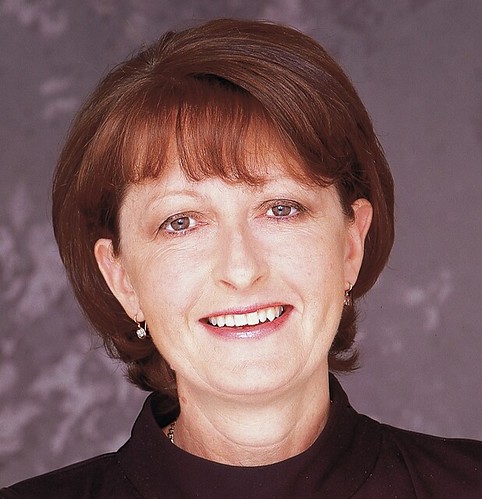Health prevention or death-postponement?
If I hear the words, “Prevention is better than cure” in relation to health once more, I’ll scream. Glib jibes that our health system is simply a sickness system also get on my nerves, as does the new-age-tinged ‘wellness’ movement, not for their underlying sentiments but their naivity.
It’s bleeding obvious we’d all like to avoid getting sick. And that we have an aging population likely to have chronic diseases that’ll cost us a fortune in monetary terms not to mention human suffering.
The question though is not whether we should try to prevent illness, but one of balance. Are we, as some claim, in danger of allowing efforts to this end fail those who are ill now?
According to a doctor in the BMJ, an excessive commitment to preventing sickness could destroy our capacity to care for those who are already sick.
Policymakers are in danger of shifting the focus of health care away from the needs of the sick towards those of the well, from the old to the young and from the poor to the rich, claims UK GP Dr Iona Heath.
“Doctors are colluding with politicians and journalists in the systematic exaggeration of the power of preventive medicine”, Heath argues, “underestimating the role of luck and contingency in human health”.
“They want to believe that health is the simple opposite of sickness … and that it can be delivered to order”.
Heath’s article sparked a vigorous debate that’s well worth a look, with one GP arguing that despite preventive efforts, it’s likely we’ll all need ‘a sickness service’ eventually, no matter how unfashionable the concept is and regardless of how long we live.
‘It is highly likely that before we die we will be subject to symptoms and morbidities from that disease. Of course we want a public health system that keeps as alive as long but it must not be at the expense of a sickness service which will help us deal with the symptoms of disease when it inevitably comes along’, he wrote.
Of all the medical disciplines, illness prevention and treatment come together most in the realm of primary care, where preventive efforts such as health check-ups for the middle-aged are appropriately now being rewarded.
Talk to patients though and timely, accurate diagnosis of their symptoms and safe, effective treatment are high on the list of characteristics they want in their doctor.
Heath, I (2007) In defence of a National Sickness Service BMJ 2007; 334: 19
It’s bleeding obvious we’d all like to avoid getting sick. And that we have an aging population likely to have chronic diseases that’ll cost us a fortune in monetary terms not to mention human suffering.
The question though is not whether we should try to prevent illness, but one of balance. Are we, as some claim, in danger of allowing efforts to this end fail those who are ill now?
According to a doctor in the BMJ, an excessive commitment to preventing sickness could destroy our capacity to care for those who are already sick.
Policymakers are in danger of shifting the focus of health care away from the needs of the sick towards those of the well, from the old to the young and from the poor to the rich, claims UK GP Dr Iona Heath.
“Doctors are colluding with politicians and journalists in the systematic exaggeration of the power of preventive medicine”, Heath argues, “underestimating the role of luck and contingency in human health”.
“They want to believe that health is the simple opposite of sickness … and that it can be delivered to order”.
Heath’s article sparked a vigorous debate that’s well worth a look, with one GP arguing that despite preventive efforts, it’s likely we’ll all need ‘a sickness service’ eventually, no matter how unfashionable the concept is and regardless of how long we live.
‘It is highly likely that before we die we will be subject to symptoms and morbidities from that disease. Of course we want a public health system that keeps as alive as long but it must not be at the expense of a sickness service which will help us deal with the symptoms of disease when it inevitably comes along’, he wrote.
Of all the medical disciplines, illness prevention and treatment come together most in the realm of primary care, where preventive efforts such as health check-ups for the middle-aged are appropriately now being rewarded.
Talk to patients though and timely, accurate diagnosis of their symptoms and safe, effective treatment are high on the list of characteristics they want in their doctor.
Heath, I (2007) In defence of a National Sickness Service BMJ 2007; 334: 19


0 Comments:
Post a Comment
<< Home